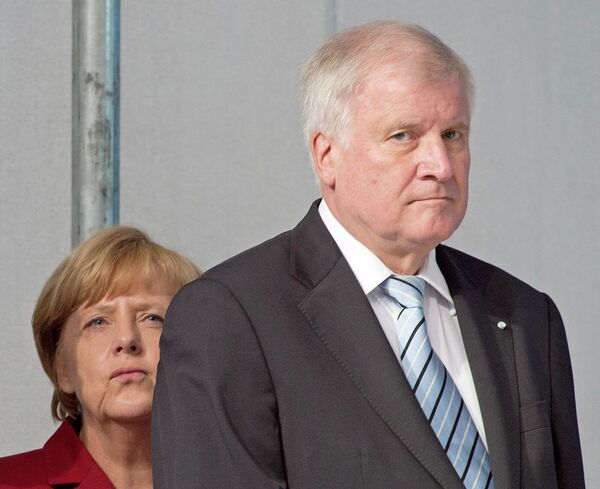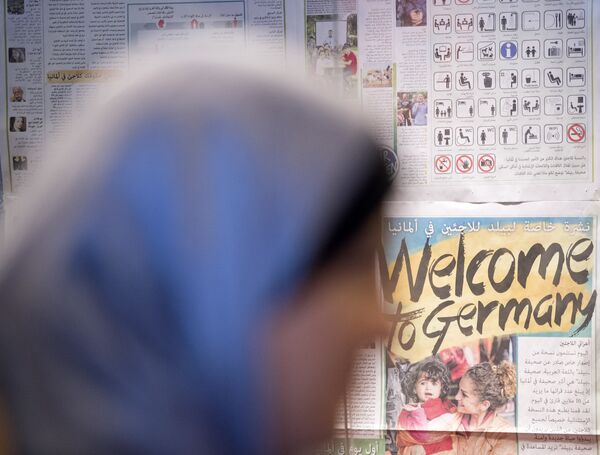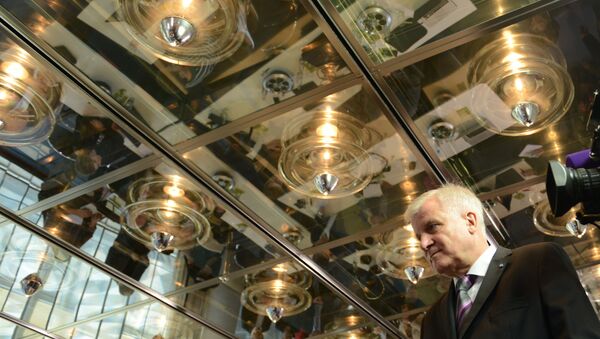Merkel's 'open doors' policy that precipitated one of the greatest mass exoduses in modern times has led to a serious rift between her CDU party, its sister organization, the CSU — led by Horst Seehofer, and Minister-President of Bavaria and their coalition partner, the Social Democratic Party of Germany (SPD) led by Sigmar Gabriel.

Merkel, Seehofer and Gabriel failed to find agreement over her handling of the refugee crisis in talks on Sunday, with the Bavarian leader threatening "consequences" if Merkel did not take serious action over the crisis and agree to put a cap on the number of refugees Germany is prepared to take in. Gabriel, meanwhile, is threatening to pull ministers out of the coalition which would plunge the German Government into chaos.
If Merkel fails to find agreement this week, the strong woman of Europe and her powerbase will be seriously threatened and could lead to the demise of the European Union. Several countries in Eastern Europe are against her refugee policy and Europe is deeply divided on her calls for refugees to be allocated to each country on a quota basis.

Meanwhile, there are still rumblings within the Eurozone, with many analysts — including those at the International Monetary Fund (IMF) — predicting that Greece is heading for another default and a possible Grexit next year. Merkel has solidly backed the harsh — and deeply unpopular — austerity package for Greece in an effort to keep up confidence in the euro.
Yet she is facing calls for more centralization of the Eurozone nations in an effort to pull together the single currency, in a move that is unpopular with some members who see the currency becoming a two-speed hybrid.
Unpopular Merkel
Most Germans initially backed Merkel over her decision to welcome up to 800,000 genuine refugees from warzones including Syria, Afghanistan and Iraq, among others. Now, however, with up to 1.5 million expected and refugee centers bursting at the seams, support for her decision is slipping, as is her political popularity.

A recent DeutschlandTrend poll for public broadcaster ARD showed that 51 percent of respondents — up by 13 percent in the past month — now say they are scared by the number of asylum seekers arriving in Germany.
The majority of asylum seekers are following the West Balkan route and entering Germany via Austria, making Bavaria the state that is dealing with the brunt of the problem.
If Merkel fails to reach an agreement with her coalition partners, not only will Germany be plunged into chaos, but the whole European dream may start falling apart.



